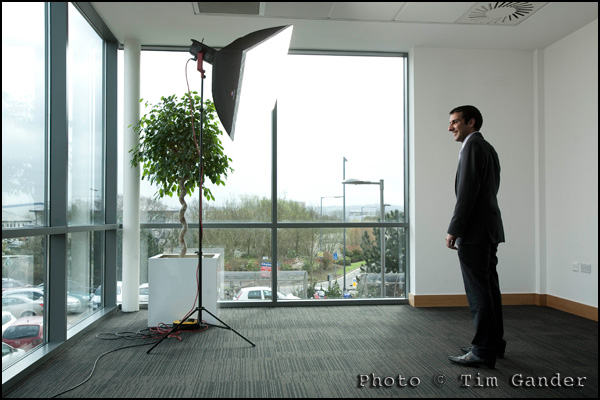First of all, let me apologise for the tardy arrival of this article. A busy week and writer’s block almost had me not writing anything at all, but I couldn’t let you get off that easily!
What finally shifted my block was a discussion on a Linked In photographers’ group forum about how professional photographers can work to reduce the negative effect of un-trained, low-skilled photographers on the industry, and the thread quickly moved onto whether or not photographers should be licensed to practice. It also descended into something of a flame-fest between some professionals and amateurs (neither side coming off looking pretty), but maybe that’s another blog article.
My personal feeling is that no, there shouldn’t be a licensing system and this article will set out why I believe that. However I do believe there should be minimum standards that clients should seek out before engaging the services of a photographer.
I probably don’t need to re-tread the well-trodden arguments about how the rise in standards of photography amongst amateurs has made the industry tougher than perhaps it ever has been in the last 40 years, though amateurs were being complained about in a book I have which dates from 1944 so it’s not a new argument.
Much of the anguish of professionals centres around what I call “epiphany” photographers. You know the ones who have quite decent jobs, but buy a digital camera at Jessops and decided what they’d really like to be is a photographer. So they either keep their day jobs and moonlight at rates to undercut professionals (and devalue their images in the process), or they leave their day jobs, commercial reality hits them hard and they undercut everyone else just to get work, with no eye on their long-term business prospects.
In these scenarios, some kind of licensing system might seem like a brilliant plan, but I just don’t see it working. What kind of regulator could tell the good photographer from the bad? When I started out I know I took some pretty bad photos, but I worked hard and trained and developed. Should a regulator have ended my career then? The picture editor I was working for at the time could have, but he obviously thought I was worth persevering with.
And at what point in the starting out process would a photographer apply for a licence? What would the conditions of a licence be? And how could a licensing system cover the diversity of disciplines from weddings to editorial through industrial, commercial, corporate…
Far simpler, I think, is if picture buyers, be they wedding couples, families, publishers or commercial businesses or agencies, make sure they check out who they are looking to book very thoroughly before they put down a deposit or commit to a shoot.
This is my list of essentials, though it can vary from sector to sector and may not be exhaustive:
- Check out the photographer’s website. Compare it with others at varying price points to get an idea of the level of quality you’re likely to get.
- Do some digging to make sure the website isn’t just work lifted from other photographers. Not always easy to spot, but one tell-tale sign is when the photographic style and quality varies wildly from one picture to the next.
Talk to the photographer and ask:
- How long have they been in full-time business?
- Do they have qualifications or training under another photographer? Either is valid in my book. Self-taught is generally not acceptable.
- Do they have public liability insurance?
- Do they have professional indemnity insurance?
- What are their terms and conditions?
- What is the licence agreement covering the use of the images?
There could be much to add to this, but perhaps the most important thing is to talk to photographers. See who you’re comfortable with and at the talking stage you should start to get an idea of the level of professional service to expect from any given supplier.
Licensing might sound like a good idea, but it can’t account for creativity, approach, style, or personality. I’m sure there are plenty of views from photographers and buyers of photography, and I’d love to hear what you think.


